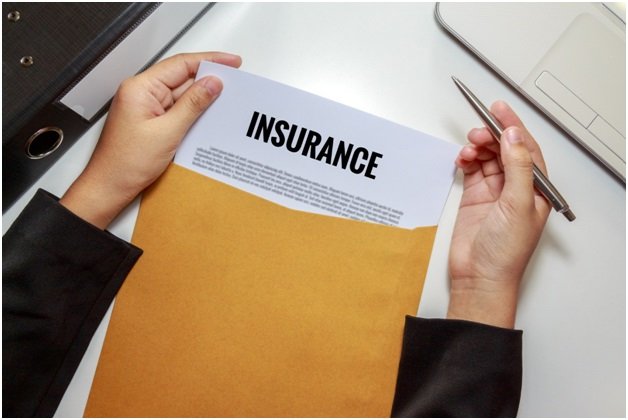Well over half a million small businesses open their doors every year. When they do, they have a heck of a learning curve to get over.
Everything from learning how to attract clients to how to hire people are hurdles that will dominate new entrepreneur’s time. As those tasks demand attention, some people will overlook getting a commercial insurance plan.
Commercial insurance is a necessity to run a business as it protects you and your customers from financial harm. This insurance can get complicated though. Most insurance providers don’t sell a comprehensive commercial plan that’s certain to cover all your needs.

To ensure the policy you buy ticks the boxes for your business, keep reading. Below, we break down which coverage options you should look for in the commercial policies you buy.
General Liability Coverage
The bread and butter of any commercial insurance umbrella is general liability coverage. You’ll want to look into your particular general liability provisions to know what it covers. Generally though, this is protection against harm that arises when customers engage with your company.
For example, let’s say a customer came into your business, fell and broke a hip. General liability is what you’d lean on to manage the fallout from that event.
Commercial Auto Coverage
Do people that work for your company operate a vehicle as part of their responsibilities? If they do, you need to call your auto insurance company and opt-in to a commercial plan.
By having employees use vehicles on non-commercial coverage, you run the risk of your claims being denied in the event of an accident.
Property Coverage
You’re liable for the condition of the business property you’re leasing. To make sure a freak fire or equipment accident doesn’t cost you tens of thousands of dollars, you’ll want property insurance.
Similar to homeowners or renter’s insurance, commercial property insurance will protect where you work in the event of accidents, theft, and more. Talk to an insurance agent or click here to talk to a specialized captive insurance provider. They’ll help you better understand the scope of property insurance and its ability to cover your non-liquid, housed assets.
Worker’s Compensation
No matter where in the country you’re running your business, if you have employees, you’ll need worker’s compensation. Worker’s compensation enables your employees to collect money when they’re injured and can’t work.
It is a legal obligation to carry worker’s compensation and not carrying it could cost you dearly in the way of lawsuits.
Worker’s compensation costs flex based on the unique circumstances surrounding your operation. That should make expenses palatable enough for a company of any size to swallow.
These Commercial Insurance Plan Options May Not Fully Protect You
The commercial insurance plan options we’ve discussed are the ones we see commonly used by businesses. They are not, however, all-encompassing.
Depending on your operation, you might benefit from getting debris removal insurance. You might benefit from machinery insurance, business interruption insurance, and more. All of that to say that the best way to learn more about the policy provisions that could benefit you is to talk to a licensed insurance agent.
Would you like more insight into commercial insurance coverage? If so, check out additional content on business insurance in our blog.




